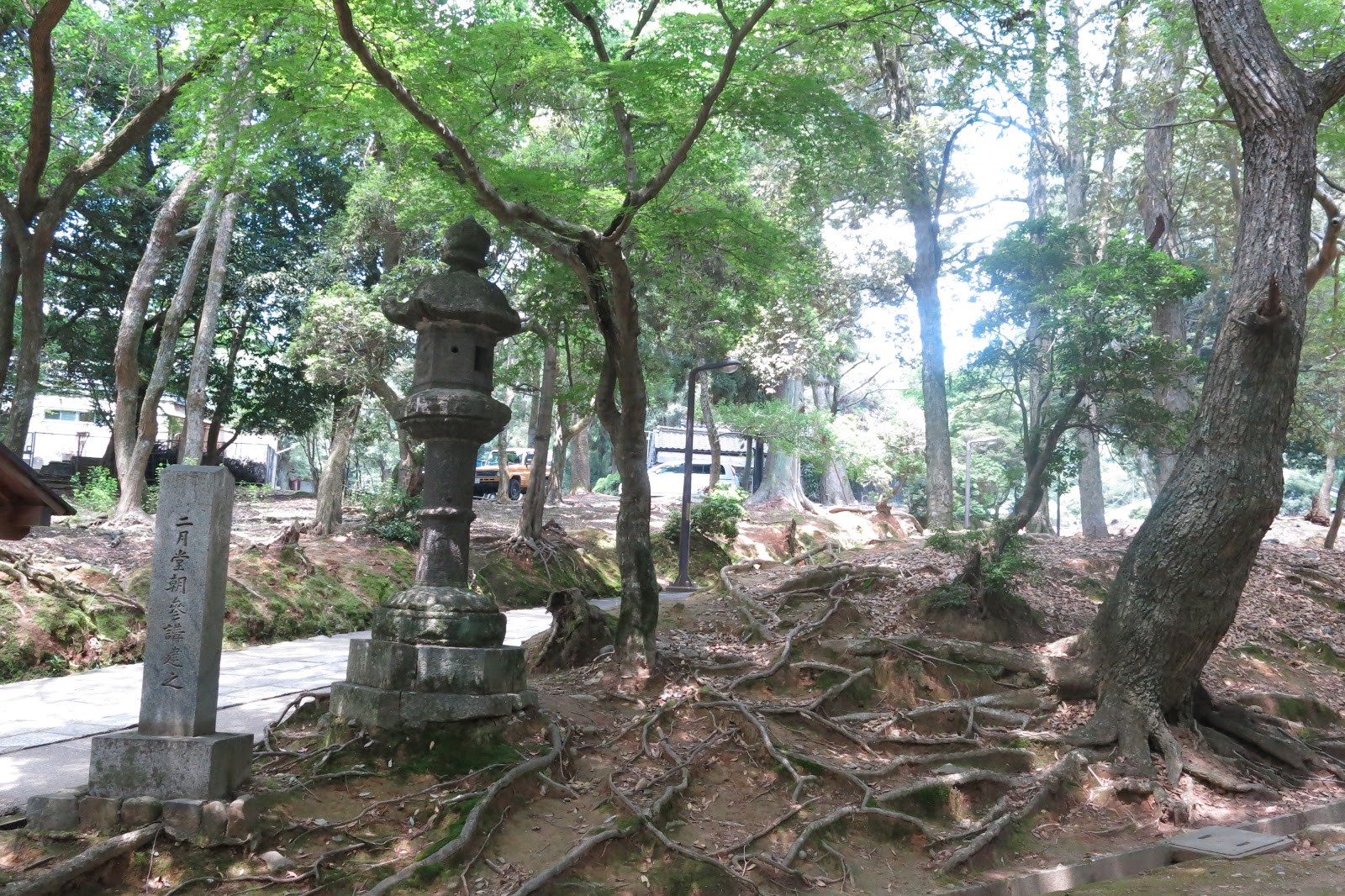Ten Essential Japanese Phrases

This article was written by Lee Cummings, an intern in the Japan Society Education Department. One of five selected students in the United States, Lee participated in the first year of the Japan Society Junior Fellows Leadership Program.
When I first went to Japan, I hardly knew how to speak the language. I could introduce myself, and that was about it. Now I am able to communicate better, but I still remember how it felt during the time I knew nothing. Going to Japan can be exciting and nerve-wracking if you’ve never been there before, so to make your trip a little easier here are 10 easy to learn Japanese phrases and words to help you:
- Thank you / a
rigato / ありがとう
This is one of the many ways to say thank you. In Japan, people are very polite so always be sure to say thank you to people.
- Excuse me /
sumimasen / すみません
This is just an all around polite phrase that you should know because it is said a lot in Japan. You’ll hear it being used in a number of different ways. One way is when someone wants to get your attention, they’ll call out “Sumimasen!”. If you’re in a restaurant or trying to get someone’s attention, you can use this as well. Another use is as an apology. If you bump into anyone by accident while in Japan, be sure to bow a little and say “sumimasen”.
- Do you speak English? /
eigo ga hanasemasu ka / えいごがはなせますか
If you are trying to talk to someone in Japanese, and it’s not working out very well, you ask them if they speak English. Many people do, and are happy to switch to your language. This is especially important if you get lost, hurt, or are trying to understand what is happening.
- I don’t understand /
wakarimasen / わかりません
You can use this phrase if someone starts to talk to you in Japanese and you don’t understand. Also, you may hear this if you ask someone a question and they don’t know the answer.
- What is this? /
kore ha nan desu ka / これはなんですか
Japan is known for having really cool yet unusual things, so if you’re ever faced with something and you don’t know what it is, try this phrase. First, you can get someone’s attention with “Sumimasen” and then ask them.
- Where is (blank)? /
(blank) doko desuka / (blank) どこですか
If you are trying to ask where something is, you insert the place you want to go into the beginning of main sentence. You can use this phrase over and over again when looking for places.
- I feel sick /
kibun ga warui desu / きぶんがわるいです
When I was in Japan, I stayed with a host family that spoke very little English, so I wanted to make sure I could express myself if I was in pain or felt sick. Even if you’re traveling on your own, it’s good to know how to say this in case you need to go to a doctor or the hospital.
- I want to eat (blank) / (blank) wo tabetai / (blank) をたべたい
I want to drink (blank) / (blank) wo nomitai / (blank) をのみたい
I want to go to (blank) / (blank) wo ikitai / (blank) をいきたい
Whether you are in a restaurant or in a taxi, it is helpful to be able to express your desire. Use these three phrases to express your desire to eat or drink something or go somewhere.
- How much is this? /
ikura desu ka / いくらですか
When you go shopping or out to eat and you don’t know how much something is, it’s important to know how to ask in Japanese. It also helps to understand how to convert the currency from Japanese yen to American dollars.
- The bill please / okaikei kudasai / おかいけいください
If you are traveling around Japan and not staying with a host family, odds are you will be eating out for all meals and paying for them. It’s a good idea to know how to ask for the bill when you are finished with your meal. Remember to yell sumimasen and then say okaikei kudasai.